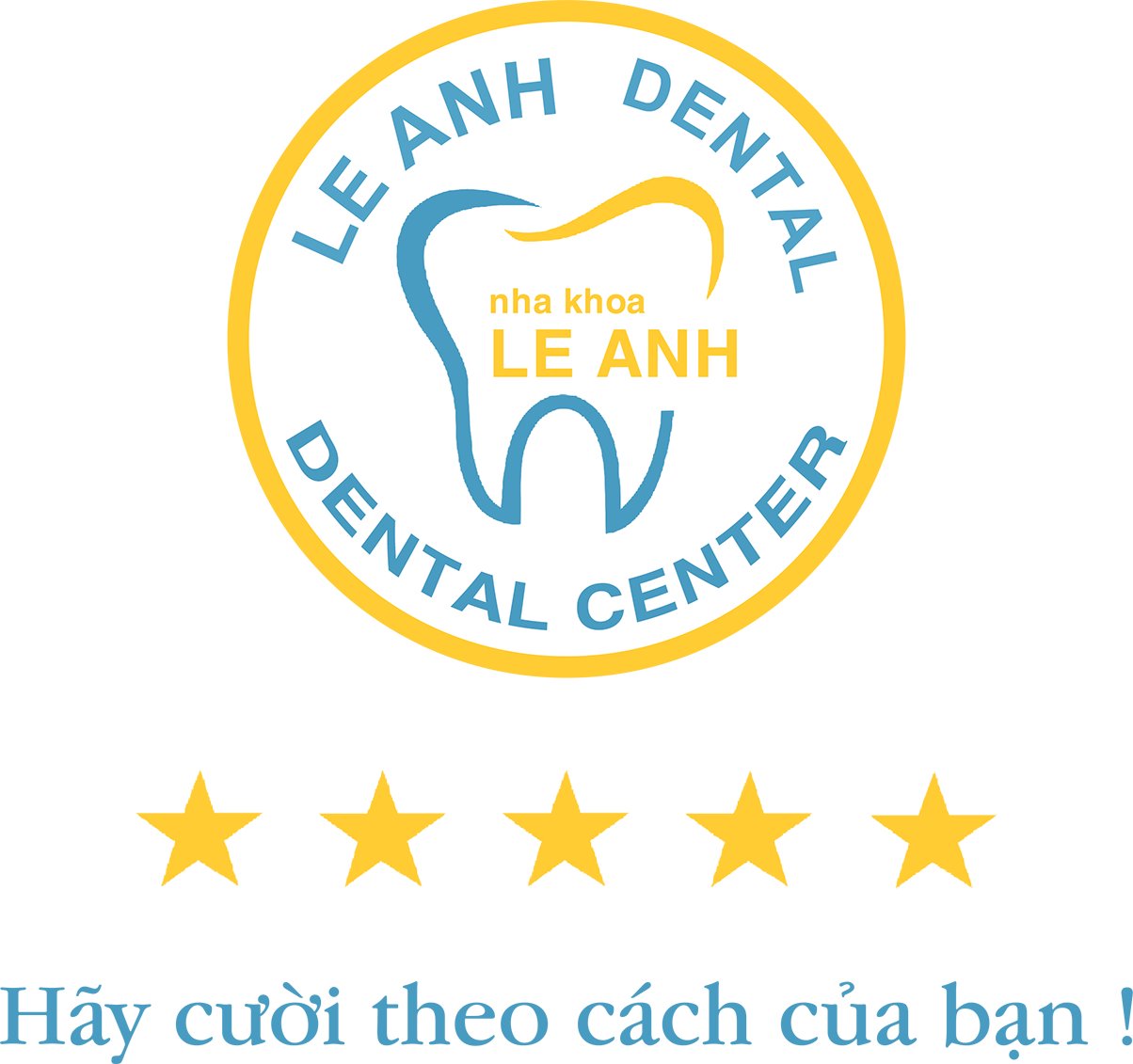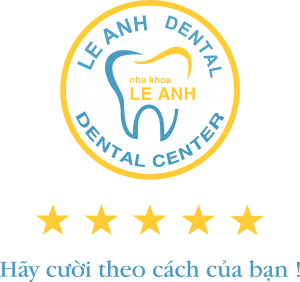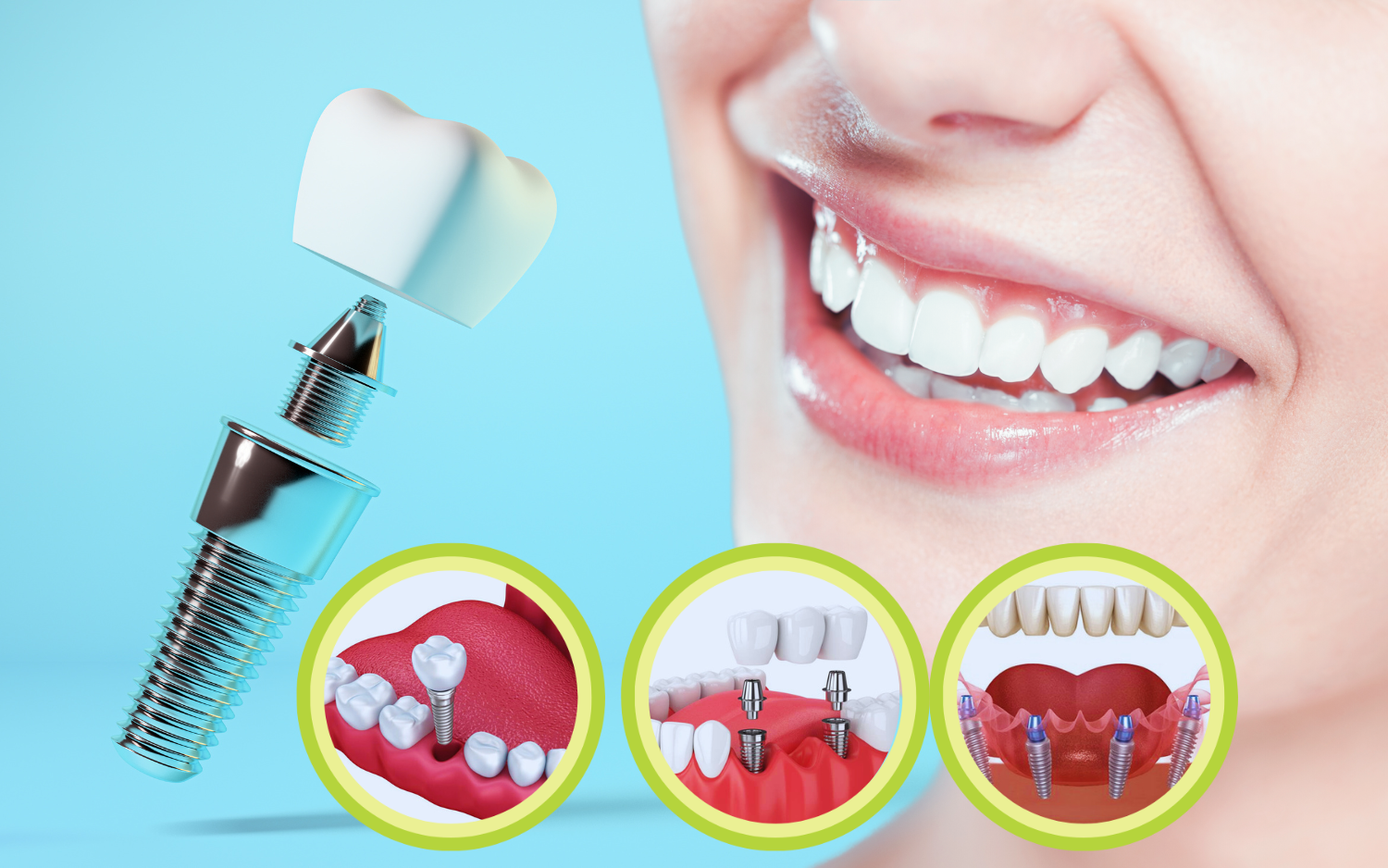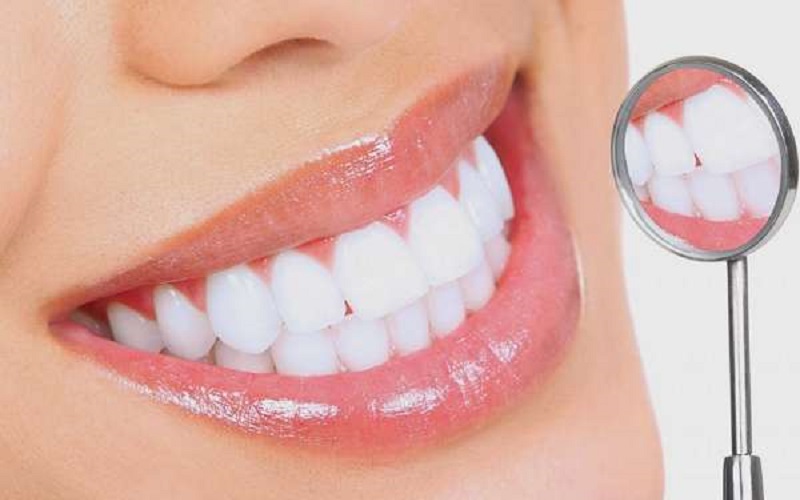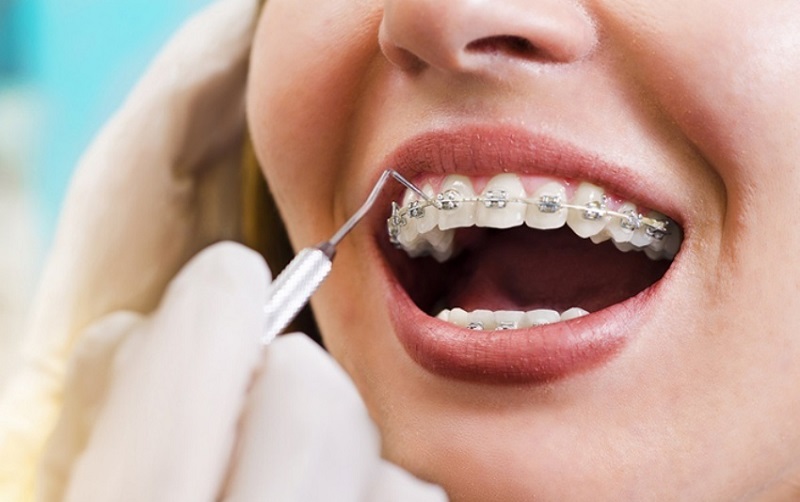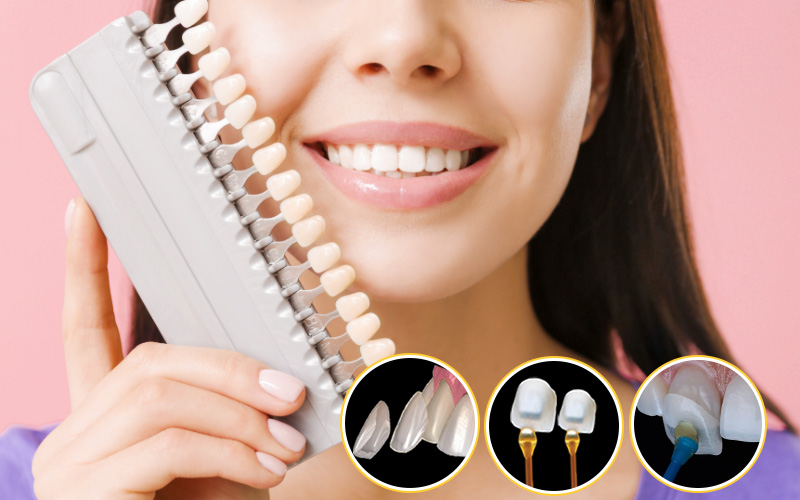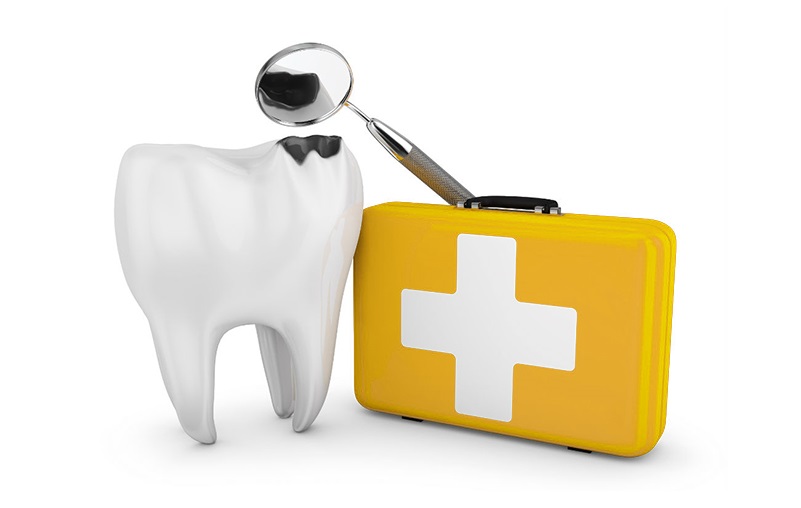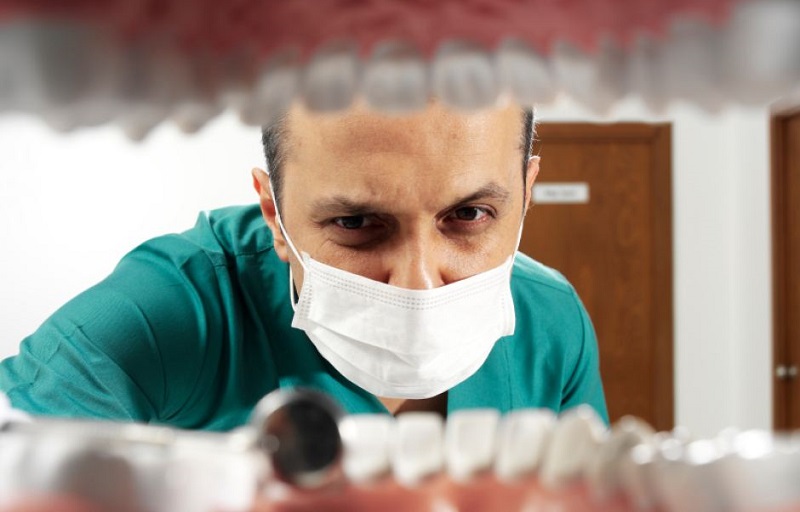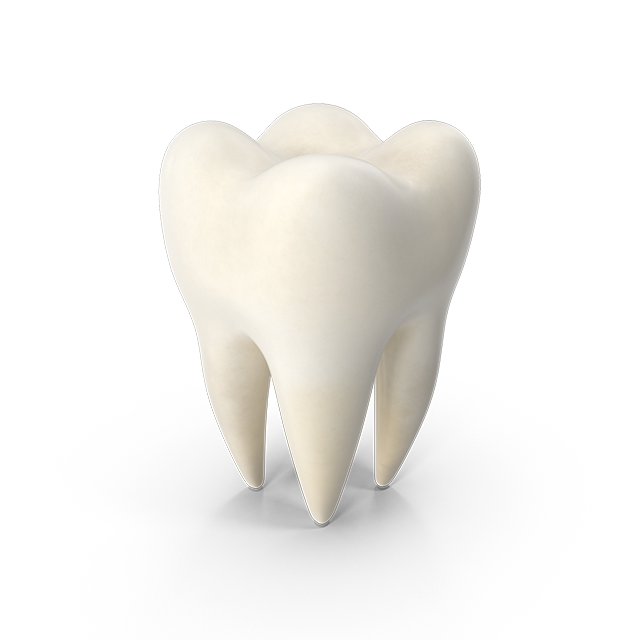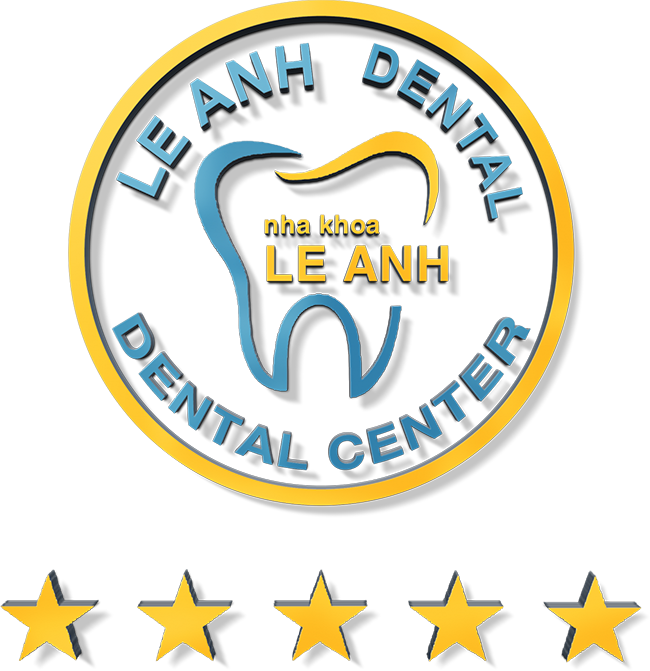Tooth sensitivity or toothache is a condition where your teeth become sensitive and painful when you consume hot, cold, sweet, sour, or even when you breathe in cold air. Although this condition is not too serious, in some cases, tooth sensitivity can be a sign of serious oral diseases such as gum inflammation, tooth decay, or root canal inflammation.

Causes of tooth sensitivity
Tooth structure damage: Cases where tooth enamel is worn down, exposing the sensitive dentin layer. When dentin is exposed, it can be stimulated by temperature changes or certain foods, causing tooth sensitivity.
Gum recession: Over time, gum recession can expose the root surface below the tooth crown. This exposed root can be affected by acid in saliva and in food, leading to enamel erosion and stimulating the nerve endings inside the tooth, causing tooth sensitivity.
Poor oral care habits: Brushing too vigorously, using toothpaste with high abrasion, or overbrushing (more than three times a day) can cause enamel loss, leading to tooth sensitivity.
Acidic diet: A diet high in acidic foods such as citrus fruits, tomatoes, pickles, or carbonated drinks can cause tooth enamel erosion and lead to tooth sensitivity.
Specialized antibacterial mouthwash that freshens breath can also contribute to tooth sensitivity. This is because mouthwash contains acid, and regular use can lead to enamel erosion.
Due to some bad habits such as chewing ice and grinding teeth during sleep at night, the tooth structure is gradually being damaged. Teeth grinding can occur unconsciously but is commonly seen in all age groups and often persists, causing inconvenience in daily life.
Tooth sensitivity can affect your daily life to some extent. For example, you might avoid enjoying your favorite foods, leading to decreased appetite, especially in older adults and children. Additionally, teeth grinding during sleep can make it difficult for you to get a good night’s rest, which can have a long-term impact on your overall health. Moreover, if tooth sensitivity is accompanied by bad breath, swollen and bleeding gums due to gum inflammation, patients may become hesitant to engage in social interactions.
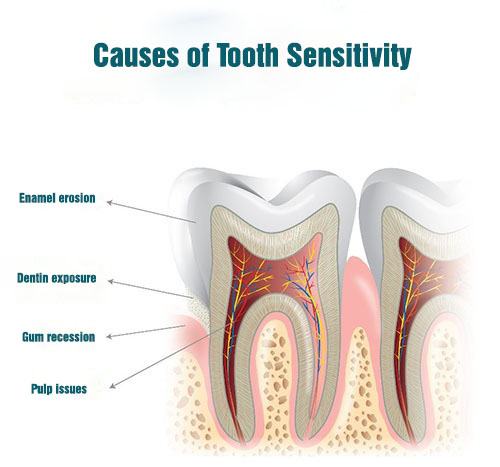
Treatment for tooth sensitivity
- Avoid brushing too hard: Brushing too hard can cause enamel abrasion and lead to tooth sensitivity. Use a soft-bristled toothbrush and position it at a 45-degree angle to the gum line, then brush gently in an up-and-down motion. This way, you can maintain clean and healthy enamel.
- Use sensitivity-reducing toothpaste: Regularly using toothpaste designed to block sensations from the tooth surface to the nerves can help alleviate tooth sensitivity. However, to choose a safe and effective product, it’s best to consult a dentist.
- Use sensitivity-reducing gel: If using sensitivity toothpaste doesn’t reduce discomfort, you can undergo in-office treatment by applying fluoride gel or sensitivity-reducing gel to the sensitive areas.
- Avoid acidic foods: Soda, sweets, and carbohydrate-rich sources with high sugar content can attack tooth enamel and cause tooth sensitivity and tooth decay. Instead, consume foods that provide moisture to the mouth, counteract acids, and protect enamel from erosion. Examples include fiber-rich fruits and vegetables, sugar-free cheese, unsweetened milk, and plain yogurt.
- Saliva also helps neutralize the harmful effects of bacteria in the mouth. You can also drink green tea, black tea, or chew sugarless gum. If you’ve consumed acidic foods, don’t brush your teeth immediately afterward. Wait for about an hour or longer for the enamel to stabilize before brushing.
- Stop teeth grinding: Long-term teeth grinding can lead to gradual enamel erosion and tooth sensitivity. This habit can be caused by stress or unconscious grinding during sleep. You should seek psychological counseling or consult sleep experts to address this issue.

For long-term and effective treatment of tooth sensitivity, it is best to visit a dental clinic for re-mineralization and get guidance on using sensitivity-reducing gel or other dental procedures to treat underlying conditions causing tooth sensitivity.
- Gum grafting: When gum tissue recedes from the tooth, a dentist may recommend gum grafting to protect the tooth and reduce tooth sensitivity.
- Root canal treatment: In cases of severe and persistent tooth sensitivity, and when the above measures are ineffective or not feasible, a dentist may recommend root canal treatment to alleviate sensitivity.
- Dental filling or dental crown: In cases of tooth enamel erosion, dental filling or dental crown can provide a protective layer for the tooth, protecting it from other oral diseases.
Oral health is not only related to eating habits but also affects overall aesthetic appearance and general health. Therefore, you should pay attention to the care of your oral health. For more detailed information, please contact Le Anh Dental Center.
- Call now or leave your phone number for a doctor's consultation.
SĐT: 0762 79 09 09
Le Anh Dental Center takes pride in having a team of highly skilled dentists and fully equipped with imported medical devices directly from Europe, such as Cone Beam CT 3D X-ray machine, Panorex – Cephalometric system, 3D analysis technology, all meeting the standards set by the Ministry of Health, providing the most effective examination and treatment.
Book your dental appointment with Le Anh Dental Center now: m.me/nhakhoaleanhdentalcenter
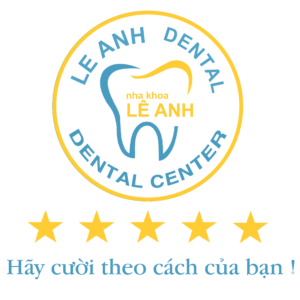
Le Anh Dental Clinic – Implant Center – Orthodontics – Aesthetic Porcelain Teeth
Or Inbox: m.me/leanh.dental.clinic
Address: 846 Khu 8, Tan Phu Town, Dong Nai Province
Hotline: 0251.651.6789 – 0762.79.09.09
https://www.facebook.com/leanh.dental.clinic
